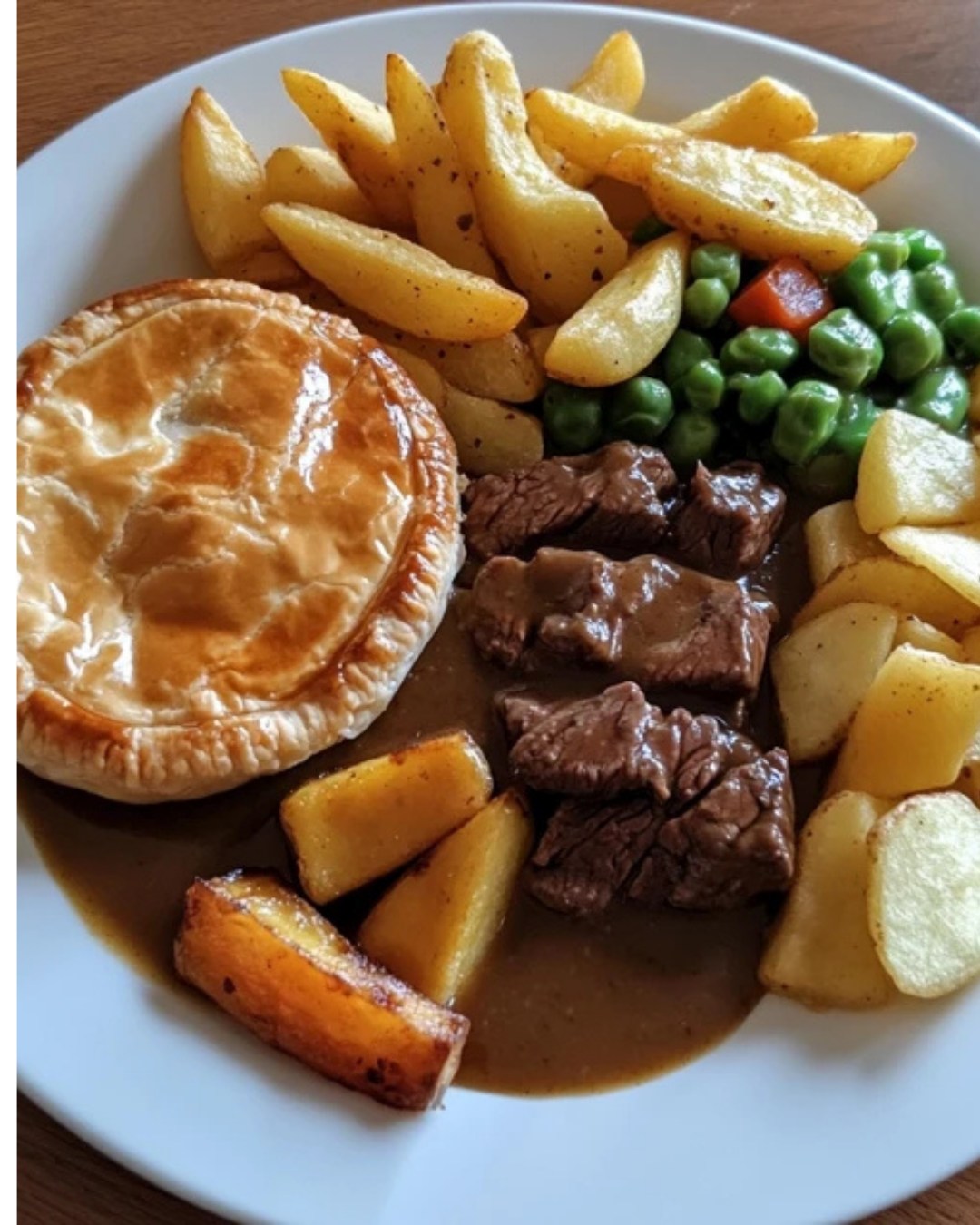ADVERTISEMENT
The Case for Gravy on the Side
On the flip side, many prefer the gravy on the side approach. For some, this method provides more control over how much sauce they want on their plate and helps preserve the individual flavors and textures of the food. Here’s why serving gravy on the side can be just as satisfying:
Why Gravy on the Side Works
- Control Over Flavor: Keeping the gravy on the side allows each person to control how much gravy they want to add. Not everyone loves the same amount of sauce, and some people prefer a lighter drizzle or just a few spoonfuls. If it’s on the side, diners can customize their experience and decide how much gravy to add to their plate.
- Preserves Texture: Some people enjoy the contrast of textures in their meals and don’t want the gravy to soften or sog their food. For example, fried foods like chicken fried chicken or crispy roast potatoes are best enjoyed with gravy on the side to keep that delicious crunch intact.
- Keeps the Dish Neat: For those who prefer a tidier plate, gravy on the side is a cleaner option. It prevents the plate from becoming a soggy mess, keeping the visual appeal of the food intact. When you want to appreciate the crispness of roasted vegetables or the layered structure of a dish like shepherd’s pie, gravy on the side is often the best choice.
- More Versatility: When gravy is served on the side, it can be enjoyed with just some foods and not others. Some dishes, like mashed potatoes or turkey, are natural companions for gravy, while others, like roasted meats or vegetables, might not need it at all. Keeping the gravy on the side allows for a more customizable dining experience.
Best Dishes for Gravy on the Side
- Fried Chicken: Many prefer to dip fried chicken in gravy rather than pour it all over. This keeps the crispy coating intact and adds a creamy element without sogging the chicken.
- Steak: A perfectly cooked steak doesn’t need gravy to shine, but a side of it allows diners to enhance the flavor as they see fit.
- Roast Beef: Like steak, roast beef often stands best on its own, with gravy served on the side to complement the rich, meaty flavor.
- Roast Vegetables: If you’re serving roasted vegetables, you may want the gravy as a dipping sauce rather than poured over the top, so the caramelized flavors of the veggies are front and center.
- Biscuits: For a slightly different take on biscuits and gravy, consider serving the gravy on the side and allowing everyone to dip their biscuits as desired.
Striking a Balance: Gravy Here, There, and Everywhere
For some, the solution is a combination of both. Why choose when you can have the best of both worlds? Perhaps you prefer gravy poured generously over your mashed potatoes but want to dip your fried chicken in the sauce. The flexibility of gravy means you can have it both ways.
You could drizzle a little gravy over the meat and potatoes, while leaving extra on the side for dipping the bread or soaking into a biscuit. This method strikes a balance between indulgence and control, ensuring everyone’s gravy experience is customized to their liking.
Conclusion: Gravy Over Everything or Just on the Side?
At the end of the day, the choice between gravy poured over everything and gravy on the side is all about personal preference. Some people love to douse their food in gravy and savor the way it unifies the meal, while others appreciate the flexibility and texture control that comes with keeping gravy on the side.
Both options have their merits — pouring gravy over everything offers an unbeatable comfort food experience, while keeping it on the side provides greater versatility and control over flavor. Whichever way you choose, the presence of gravy is sure to make your meal that much more delicious.
So, next time you’re preparing a meal, consider your options carefully: Do you pour your gravy over everything, or do you prefer it on the side? Whatever you decide, just be sure to savor every rich, savory drop!
ADVERTISEMENT
